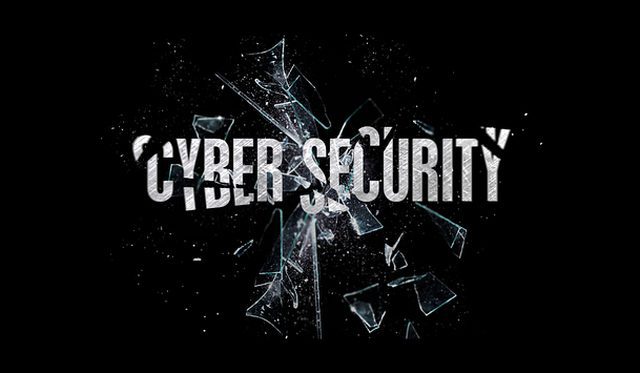Seven Myths About Internet Security Debunked
The Internet is supposed to be safe with all the firewalls and protections that are being developed on a daily basis almost, now that cyber-crime is a major issue the world over. Web safety in fact, is becoming a buzzword and most of us are lulled into a belief that we are indeed protected when we browse or transact on the Web. The antivirus software moreover, that we so diligently load, may not be that effective after all. In short, Internet security may be a myth, particularly when we consider the following seven factors.

Seven Myths About Internet Security Debunked
Seven Myths About Internet Security Debunked
The Lock Doesn’t Always Work
That little lock in your browser bar that is symbolic of a huge amount of security may be broken. After all, there’s no lock in the world that doesn’t open if the right key albeit lock pick is used. Your house burglar does it all the time; if you want to watch some fancy lock picking, watch Mr. Brooks with Kevin Costner. That movie may make you wake up on how easily someone highly skilled can get into your home but this is another topic. Even you’ve done it during emergencies when you’ve lost your key. So breaking that lock is certainly not impossible.
That tiny padlock icon symbolizes a strongly secure connection between the computer and your web server. But did you know that you aren’t protected fully from malware. Beware, some hackers may even fake an SSL certificate if not buy one for junking the padlock. This proves that just by showing a lock, the page may not always be legit and there’s every possibility of your getting scorched by a hacker attack.
One Antivirus Software is Enough
I’ve inoculated my computer once and don’t need further doses or auxiliary shots. Antivirus protection happens to be effective for inclement “weather.” However, new viruses enter the Web faster than a twinkle of an eye. So choose software that is capable of updating definitions regularly and automatically.
Remember moreover, that antivirus is only empowered to prevent viruses from infecting your system as you browse. However, it won’t protect you is the hacker resorts to a coding hat trick. Multilayered solutions that sweep, safeguard and firewall are strongly recommended.
There’s Nothing Worth Stealing from My Computer
A very common belief among Internet users. Who would steal my innocent pictures or letters that I wrote to my office or relatives? And of what particular use would it be to the hacker?
Two very common questions asked. However, the tragedy is you very own email password, link to any social networking platform or your resume in a documents folder is all it takes to pilfer your identity, lock, stock and barrel. Your lifespan details, if handled by the wrong people, could make your life pretty miserable in the long run. So protecting it is compulsory.
More recently, hackers have started using malware to turn the computers of unsuspecting people into Bitcoin miners.
I’ll Know When There’s an Infection
This isn’t the human body that will blow the whistle when trouble happens. Sophisticated malware is hardly detectable and you get to know it only when the irreparable damage has been done. Contemporary threats can be extremely stealthy.
My mumbo jumbo password is unbreakable: So your password is an example of true creative genius which you think nobody can ever imagine. It has upper and lower cases, signs and symbols, alphabets and letters, all rolled into one. However, if you’re smart, there’s someone smarter out there. Working 24×7 to happily break your apparently unbreakable code. Remember, the smartest hackers use keyloggers that monitor and grab keypad activity. Even with heavy encryption, your password might just become someone else’s property. And of course, to your extreme detriment.
Only Adult Sites are Dangerous
et another grand myth. Maybe you refrain from sites with loose morals and think you’re safe. You’re living in fool’s paradise again. Statistics show that more than 83% of sites that host malware are said to be “trusted.” The malware attack is most likely to happen from a fully legit shopping site than a gambling or adult site. Even religious website have become a regular target of various malware and computer viruses! So keep that in mind.
Only Downloadable Files Get Infected
The final grand fib. Earlier on, .exe files were the warning bells. Things have changed to a point where malware infections occur by way of “drive-by” downloads. This malicious code is present somewhere on content that’s seemingly innocent. Subsequently, it automatically executes inside the browser when the Web page is viewed.
Seven Myths About Internet Security – Always Stay Alerted
By now you must have realized that you’re perpetually walking on thin ice. So take necessary action to cover your back. Or else, you’ll get shot. It’s a perpetual war on out there and one step out of tune could land you neck deep in muck. What do you think of our list of cyber security myths? Is there a myth that we have left out? Let us know by dropping a comment below.





